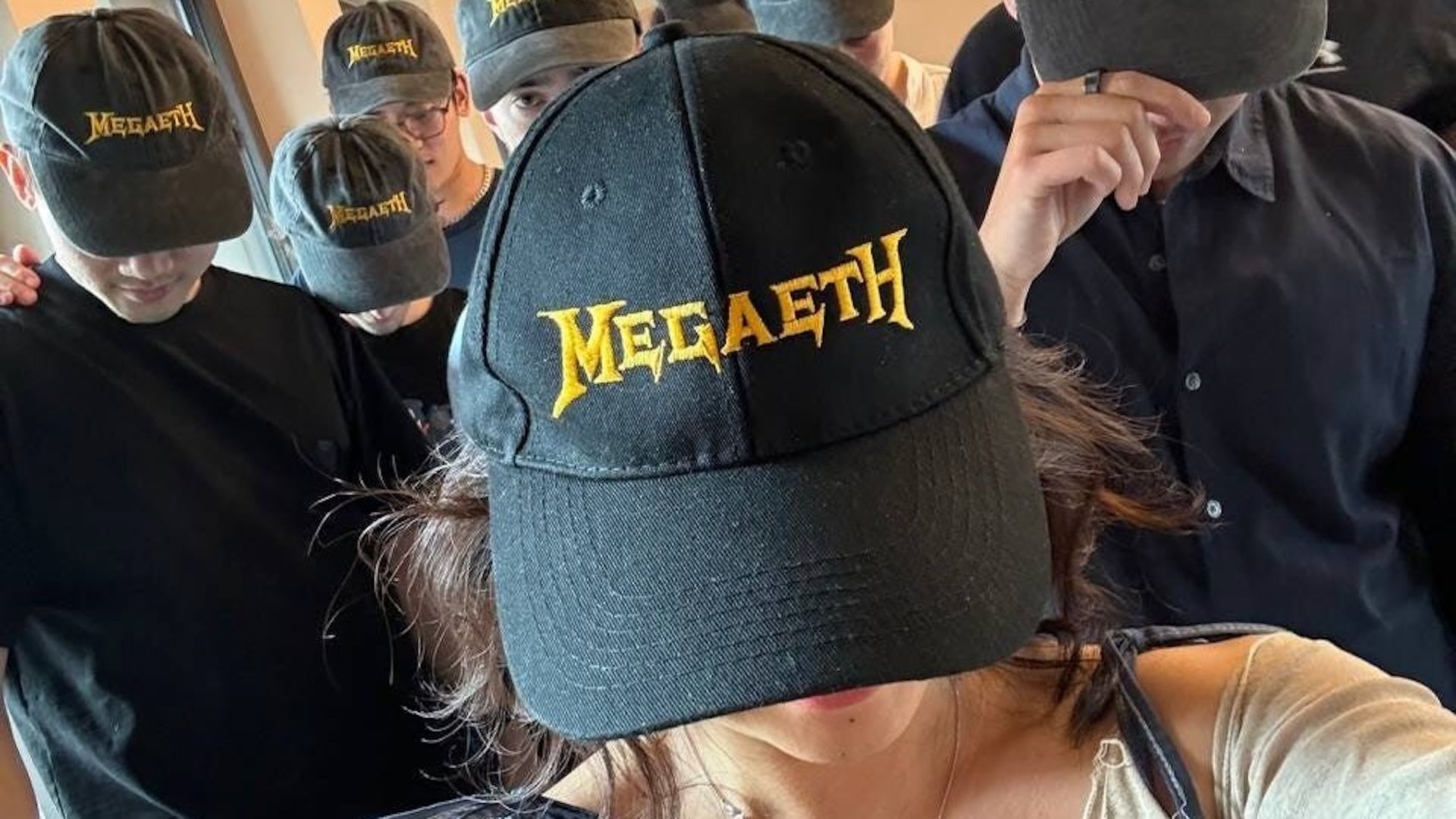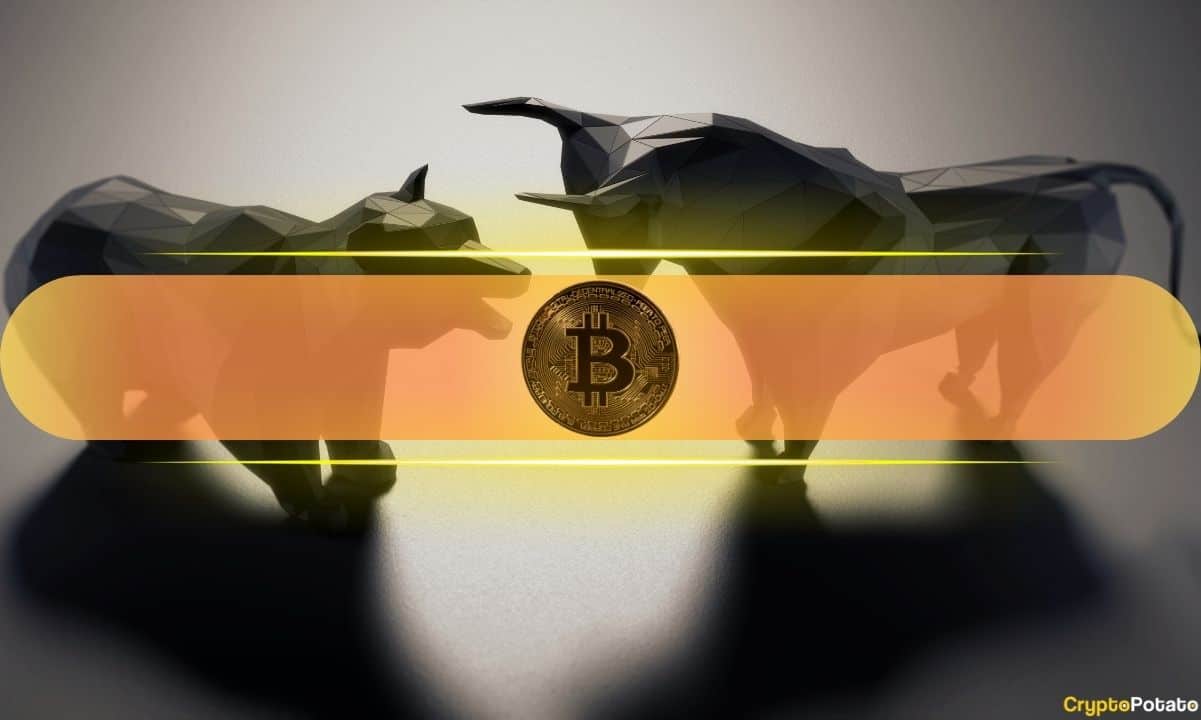ARTICLE AD BOX
Institutions and politicians have frequently slammed maverick Bitcoin booster Nayib Bukele, president of El Salvador, for his handling of his country’s finances.
But things may be paying off for the eccentric leader of the tiny Central American nation: the country’s bonds are booming.
Bloomberg data shows that the bonds rallied after the country asked holders of nine, dollar-denominated transactions to tender their notes. Simply put, the government put an offer to buy them back from investors for cash—one way countries can restructure debt.
El Salvador said in a Friday statement that it would issue new notes as “part of a refinancing transaction to realize savings and promote certain conservation and sustainability efforts.”
Today we have officially launched the purchase offer for our external debt due from 2027 to 2052 🇸🇻
All holders of bonds of the Republic of El Salvador can access this public and voluntary repurchase.
More information here: https://t.co/eL0Ell6Hs4
— Nayib Bukele (@nayibbukele) October 4, 2024
The country was previously criticized for the way it handled its finance but investors are now eyeing up the once obscure nation for investment opportunities.
James Bosworth, founder of political risk analysis firm Hxagon, told Decrypt that El Salvador’s bonds are attractive because of their potential high returns.
“El Salvador is a risky investment, but it’s high risk, high reward and investors like what they can earn on the risk,” he said.
“Many investors are convinced that Bukele has the funds to pay back the debt and the popularity to push through the necessary budgets in Congress to ensure the country’s financial stability remains solid.”
Bosworth added that the International Monetary Fund has issues with El Salvador for its “lack of transparency and professional management of their budget, with their Bitcoin policy being a top evidence point.”
Bukele is controversial partly because of his bet on Bitcoin. In 2021, the millennial leader made Bitcoin legal tender in the country, alongside the dollar. Businesses also have to accept the orange coin if they have the technological means to do so.
The International Monetary Fund (IMF) has been one of the loudest critics of the move. Just last week, the body said it wanted the country to limit public sector exposure to the cryptocurrency. El Salvador has been in talks with the IMF for years to try and secure a grant to improve growth in the poor country.
Could Bukele actually be doing things right?
Daily Debrief Newsletter
Start every day with the top news stories right now, plus original features, a podcast, videos and more.
 (1).png) 11 months ago
465185
11 months ago
465185










 English (US) ·
English (US) ·